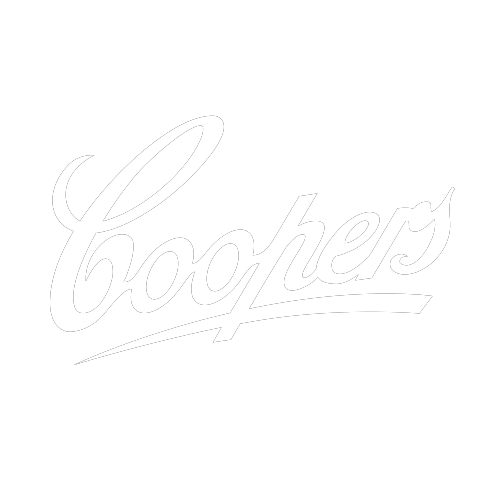Learn more about New York-based artist Duke Riley’s practice during this drop-in film screening and hands-on frottage activation. Duke’s short film Echelon of Uncertainty (2022) will be on view, accompanying the artist’s selected works featured in Maluw Adhil Urngu Padanu Mamuy Moesik.
Echelon of Uncertainty follows a boat community that has called the Newtown Creek area home since 2003. Despite the unknown health effects of living on a site contaminated by more than a century of industrial pollution, they persist due to the complex impacts of gentrification on their lives and to the community this place offers.
A frottage station will accompany the film for viewers to experience the materiality and form of Duke’s related sandstone work Rune of Ruin (2021). In this hands-on activity, you will create your own artwork to take home by making a rubbing of the artwork surface using paper and a variety of 2D media.
-
Duke Riley’s work addresses the tension between individual and collective behaviour, independent spaces within all-encompassing societies, and the conflict with institutional power. He examines transgression zones and their inhabitants through drawing, printmaking, mosaic, sculpture, performative interventions, infiltrations, and video structured as complex multimedia installations. Duke combines populist myths and historical obscurities with contemporary social and environmental dilemmas, connecting past and present, drawing attention to unsolved issues. Throughout his projects he profiles the space where water meets the land, traditionally marking the periphery of urban society, what lies beyond rigid moral constructs, a sense of danger and possibility.
Duke Riley 'The View from the Mouth of the Newtown Creek During Final Days of Battle' 2022. Photo: Joe Ruckli.






